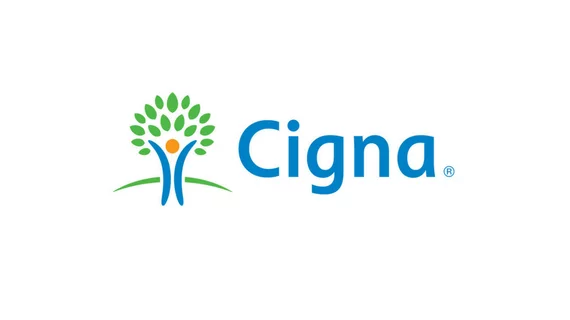$67B Cigna-Express Scripts deal clears DOJ
The U.S. Department of Justice (DOJ) Antitrust Division has cleared the$67 billion acquisition of Express Scripts by Cigna.
The deal was anticipated to close without much regulatory friction, though it will still need approval from several state regulators.
“We are pleased that the Department of Justice has cleared our transaction and that we are another step closer to completing our merger and delivering greater affordability, choice and predictability to our customers and clients as a combined company,” Cigna President and CEO David Cordani said in a statement. “The value that we deliver together will help put our society on a far more sustainable path–one that helps health care professionals close gaps in care and supports our customers along their health journey.”
To date, the companies have approval from 16 states and are still “working constructively” with others to obtain clearance for the merger, according to a statement.
The deal is one of the largest in the healthcare space and brings together a major pharmacy benefits manager and a health insurance/healthcare services provider.
“Together, we believe we will be able to do even more to reduce healthcare costs, expand choice, and improve patient outcomes,” Express Scripts CEO and President Tim Wentworth said in the announcement. “Today’s decision is one more important milestone in our effort to combine two innovative health services leaders into a company that will transform health care.”
The deal is likened to CVS Health’s $69 billion takeover of Aetna, another mega-merger currently seeking regulatory approval.

